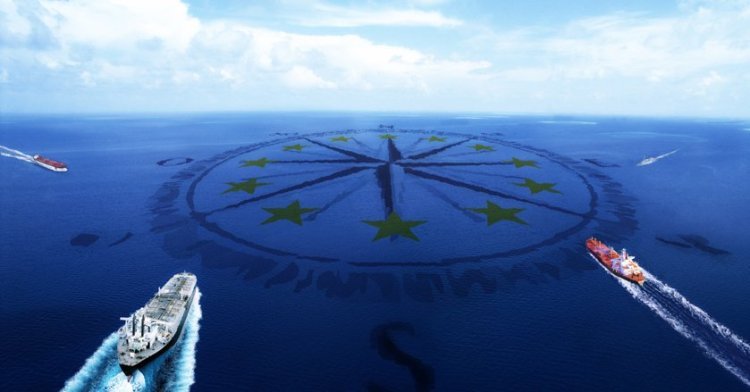Since the outburst of the Greek economic and financial crisis which ended up being a pan-European issue, plenty of possible scenarios have been remarked, mainly including the balances within EU, nevertheless, without taking into account the greater “pressures” on a global level. It is obvious that we are experiencing a shift. A shift of the social behavior, a shift of the state behavior and finally, a radical shift on the way we look at the future perspectives.
It is common knowledge that what lies behind the economic deadlock is the political unwillingness. For the first time after the end of the 2nd World War, the federalist voices are starting becoming “noisy” and gradually getting rid of the “utopian” nature, part of the political science sector used to dress up the federalist theory of the European integration process.
Currently, plenty of academics, politicians and general stakeholders are urgently and at the same time reluctantly asking for a federal union which will terminate the ongoing crisis, on a political and economic level.
Once, realists were claiming that the EU integration process was a result of the dilemma crisis between France and Germany. They were characteristically maintaining that “the more Germany you have the more Europe French will ask”. The current crisis is a clear proof that the approach has changed, a stance that is continuously being confirmed by the American reaction and mainly, by the balances that have been shaped in the Eastern Hemisphere.
The Triangle US-EU-China
The developments that have been taking place the last months in Europe show that the Federal Europe constitutes a necessity not only for Europeans but for Americans as well. The neorealist theory claims that a state can be considered to be a superpower only in the hemisphere it belongs to. Simultaneously, this superpower needs to prevent the ascent of another superpower in the other hemisphere. Taking as an example the US, it is obvious that the American dominance in the Western hemisphere is doubtless. On the contrary most of the American interventions in the Eastern Hemisphere ended up being a tragedy or alternatively, operations with little success. Thus, the Americans after the end of the Cold War pursued an approach of balancing the powers in the Eastern hemisphere. Since the beginning of ‘90s China suddenly emerged on the surface of the international political scene, and in consequence changed the balances in the Eastern hemisphere. This is the new role Europe is entitled to play. Via a political union, the EU will stabilize its presence in the Eastern hemisphere and in consequence balance the Chinese ascent, by responding at the same time to the challenges of globalization pressures. The new element of the European integration process is that the external pressures lead to internal cohesion and practically, in common policies.
The Rare earths case
Another characteristic example of the triangle USA-EU-China is the rare earths case. Rare earths are raw material whose global production is almost 95% in China. These crucial materials are being used by the European high tech industry for the production of microchips, batteries for electric cars etc. They contribute in a few words to the climate friendly technology EU is pushing to follow.
China recently announced that it is intending to ban the rare earths exports by 2015 in order to protect and enforce its domestic industry. It also invoked environmental issues. In the light of this really catastrophic development for the EU and US high tech industry, both reacted and sued China in terms of WTO. Both Americans and Europeans reacted promptly and finally the Chinese decision was cancelled. In the aftermath of WTO’s decision, the first talks about a European Diplomacy on Raw Materials begun. This case proved that the external pressure led to inside cohesion.
The same theory can be applied to the economic crisis and the possible federal solutions. In a world where regionalism tends to be the main state behavior, EU cannot watch speechless in the backstage. It is the first and most successful paradigm of regional integration, and inevitably cannot lose the lead.


Follow the comments: |
|
